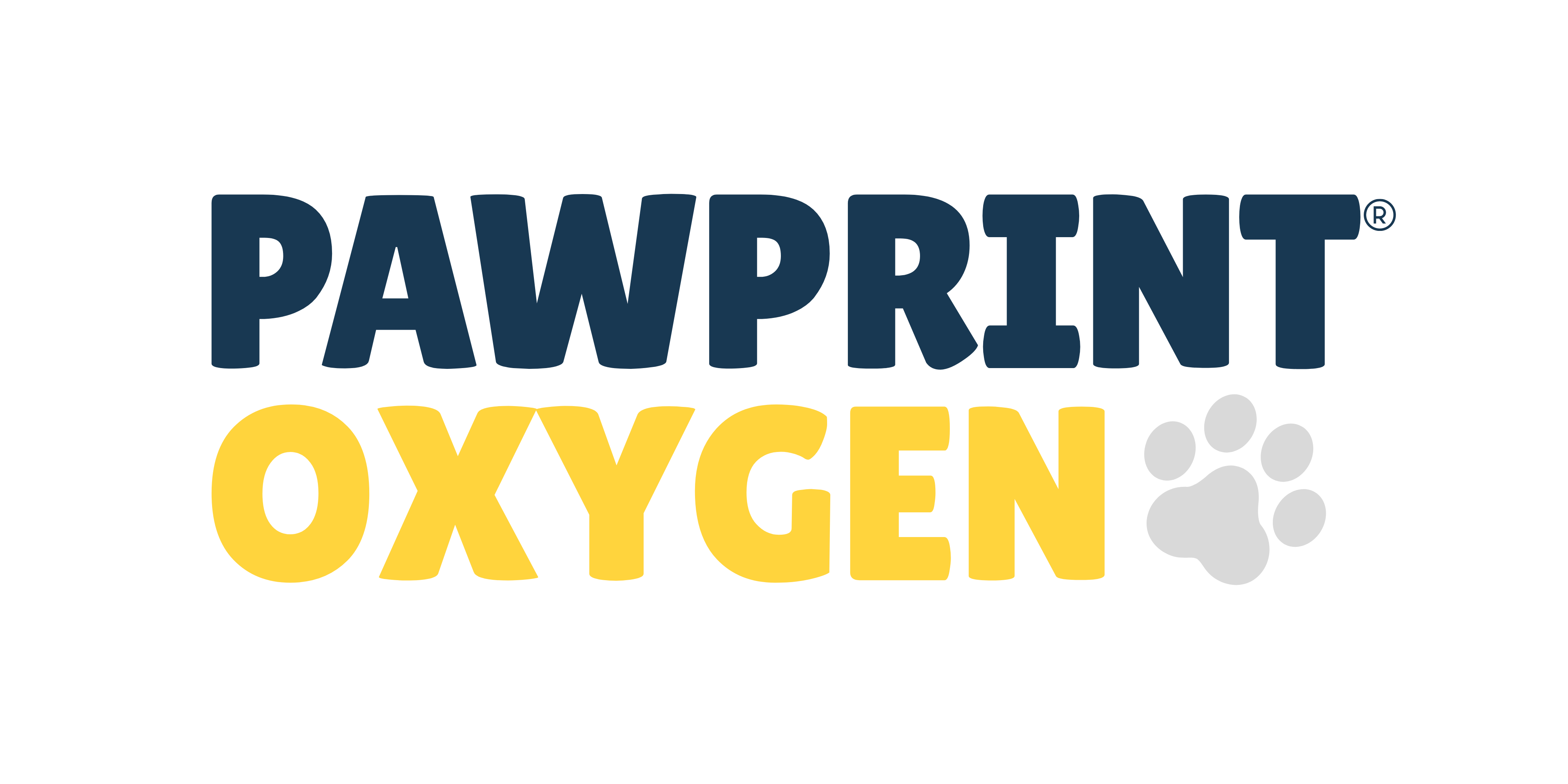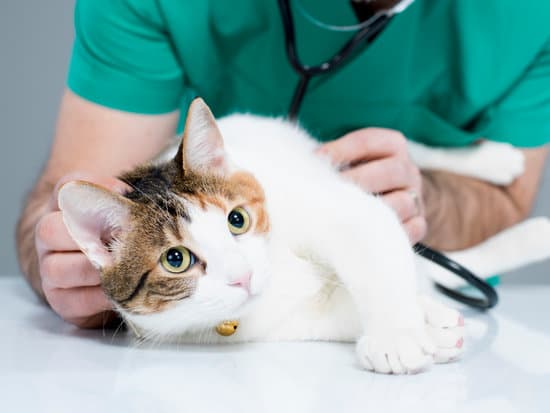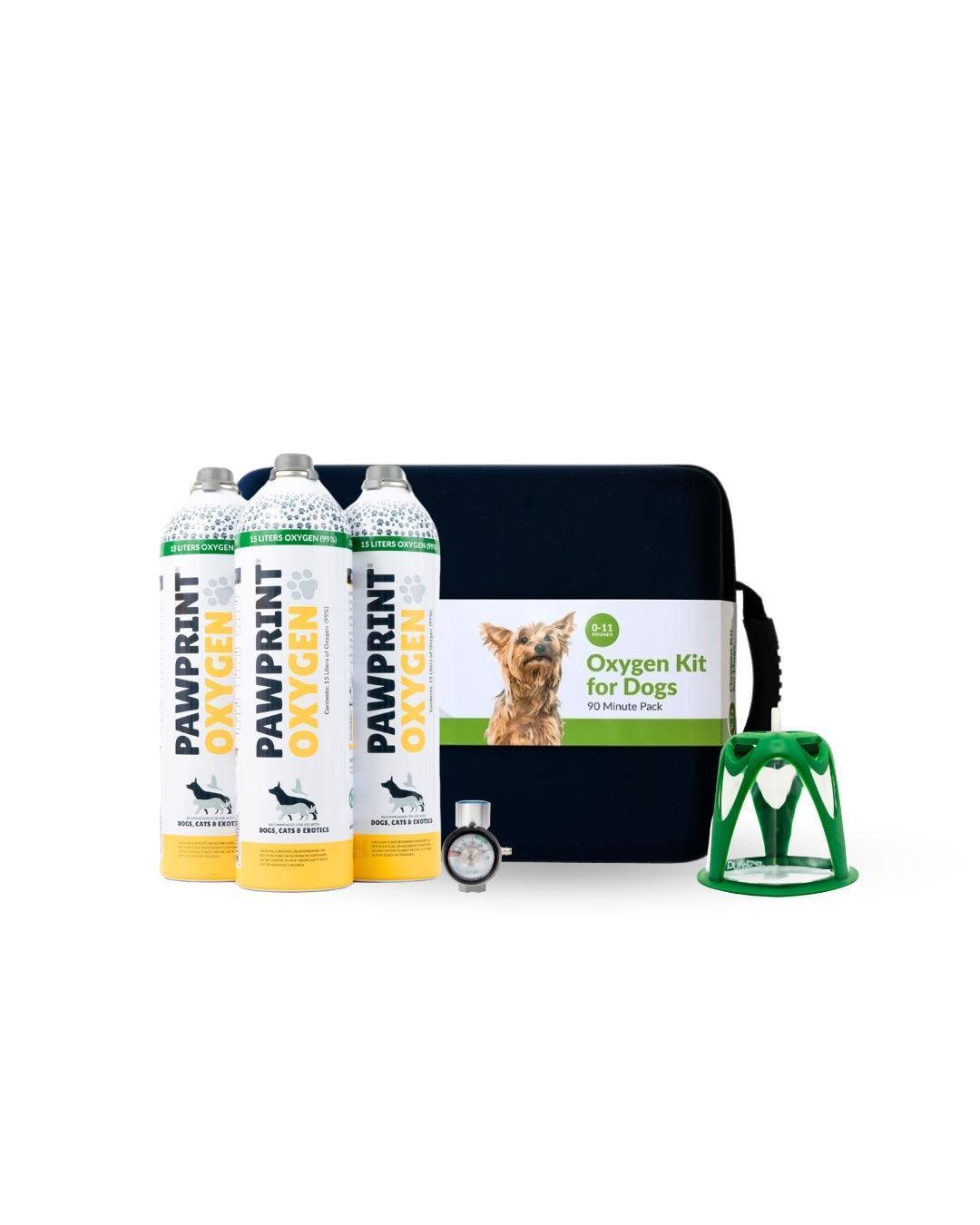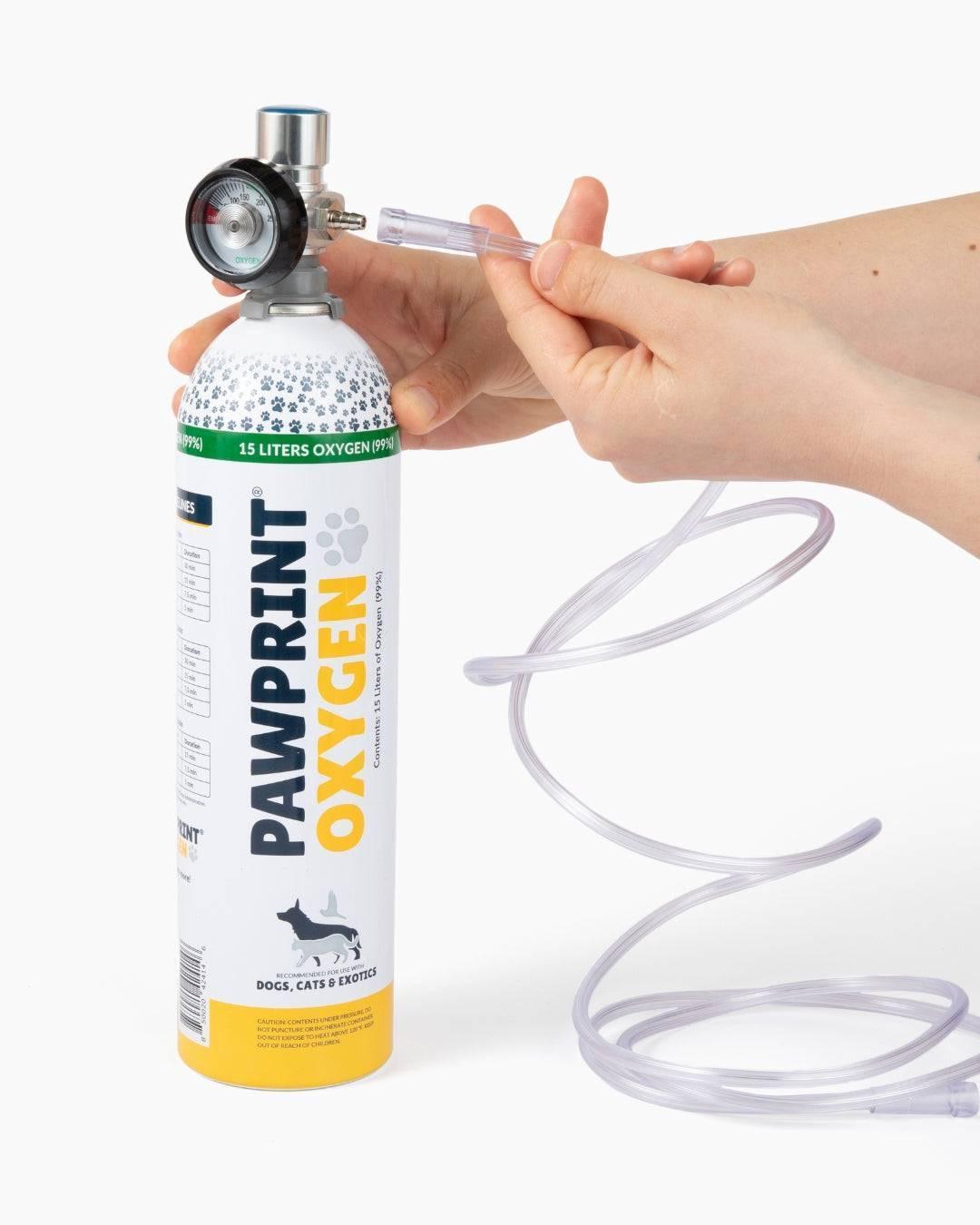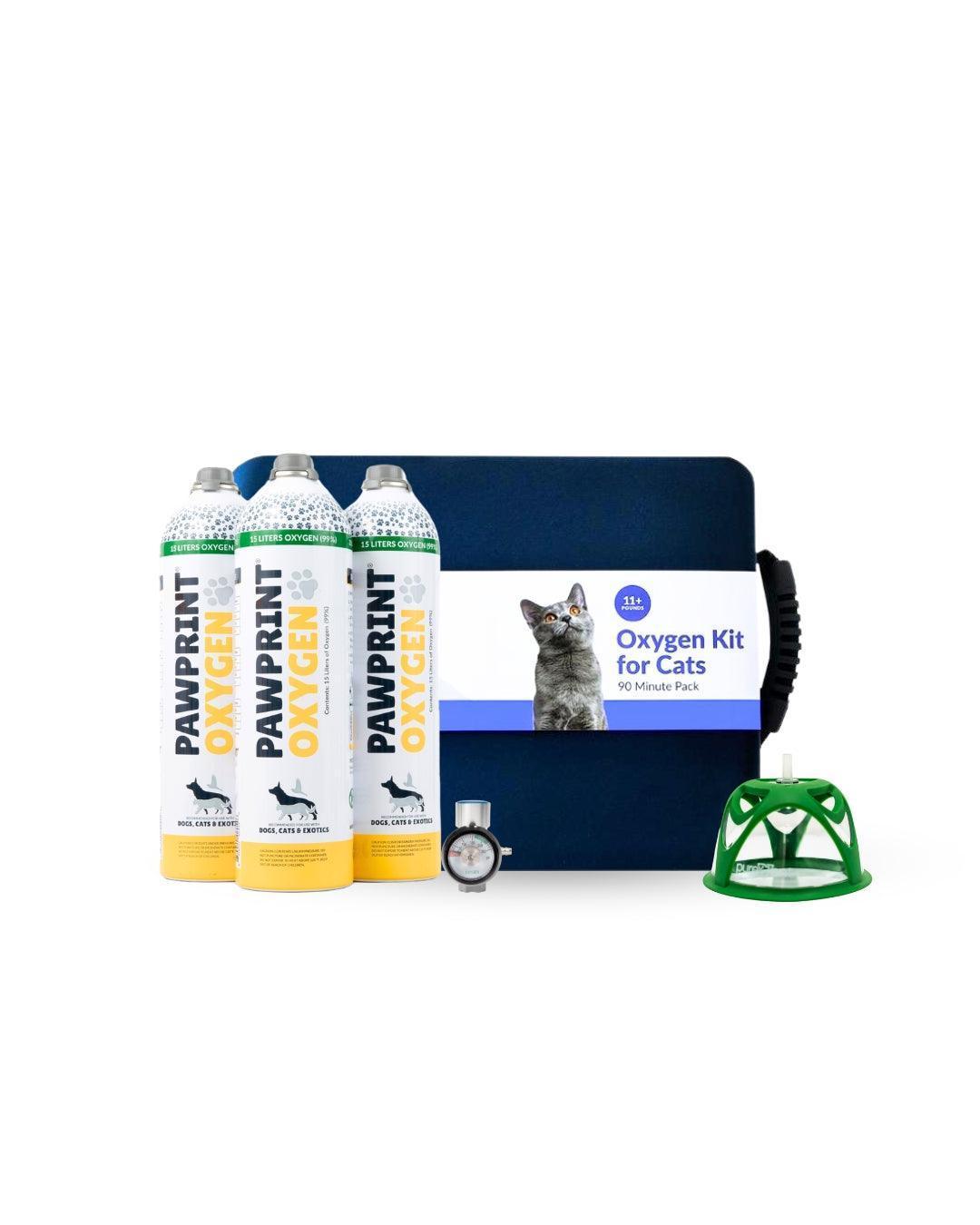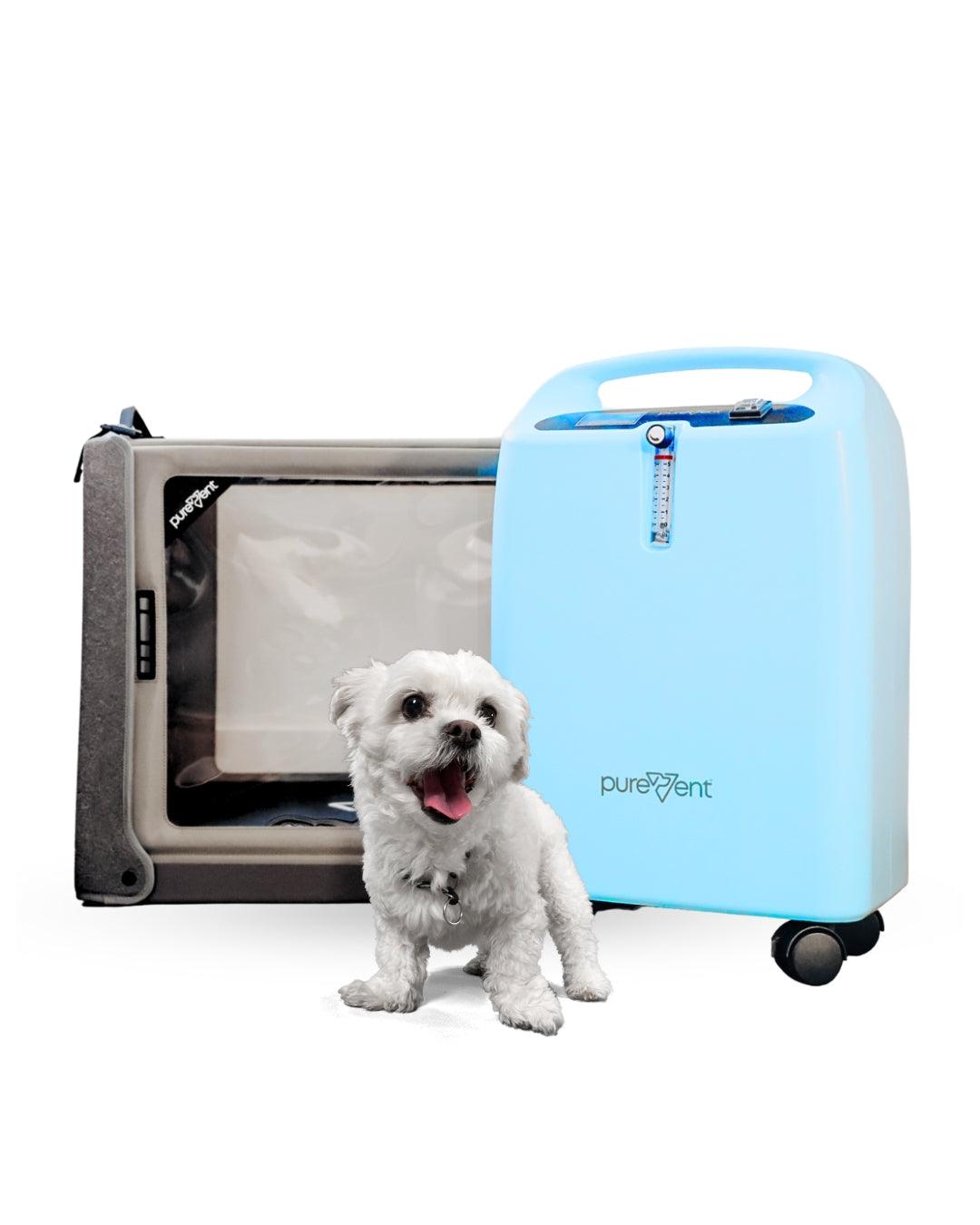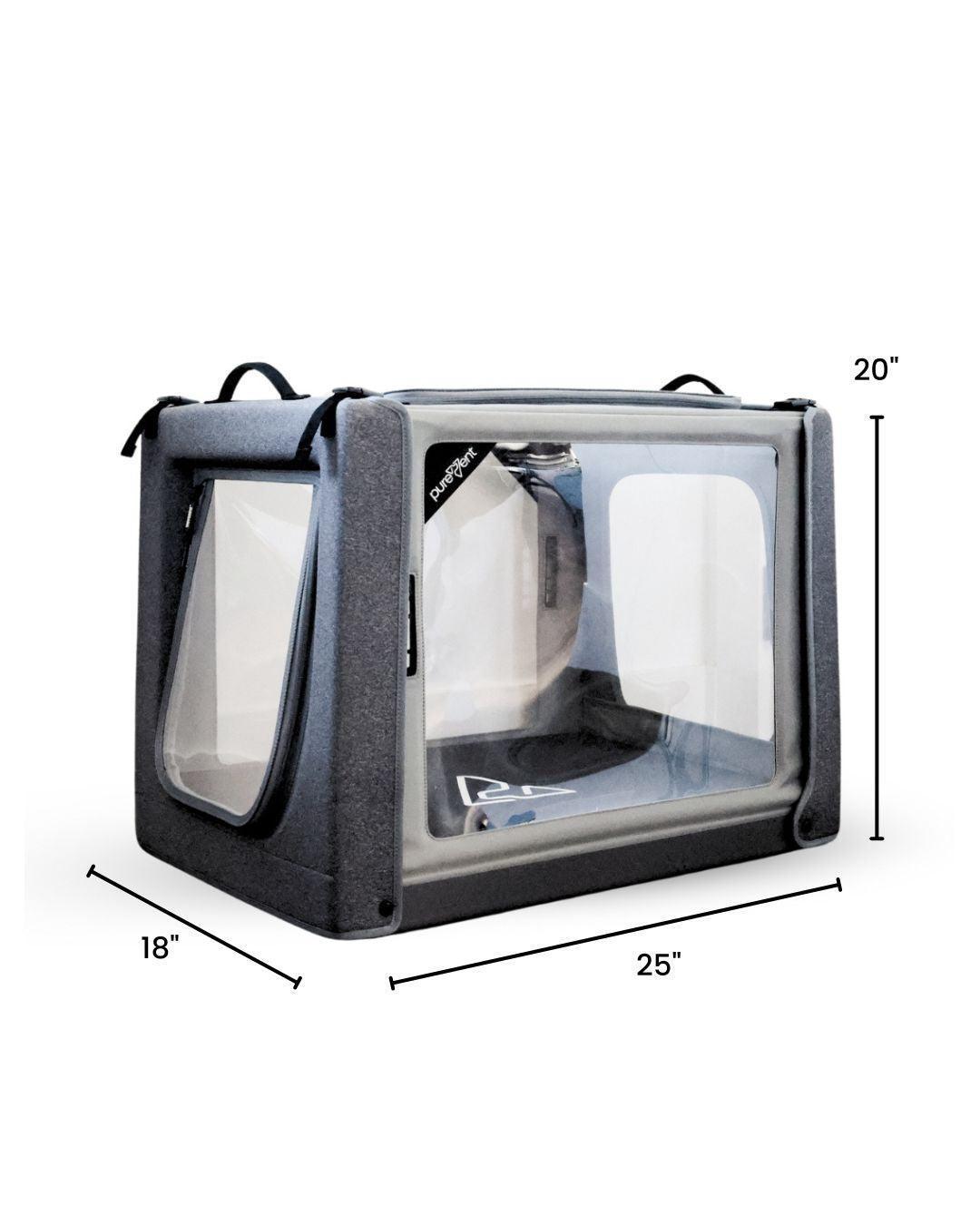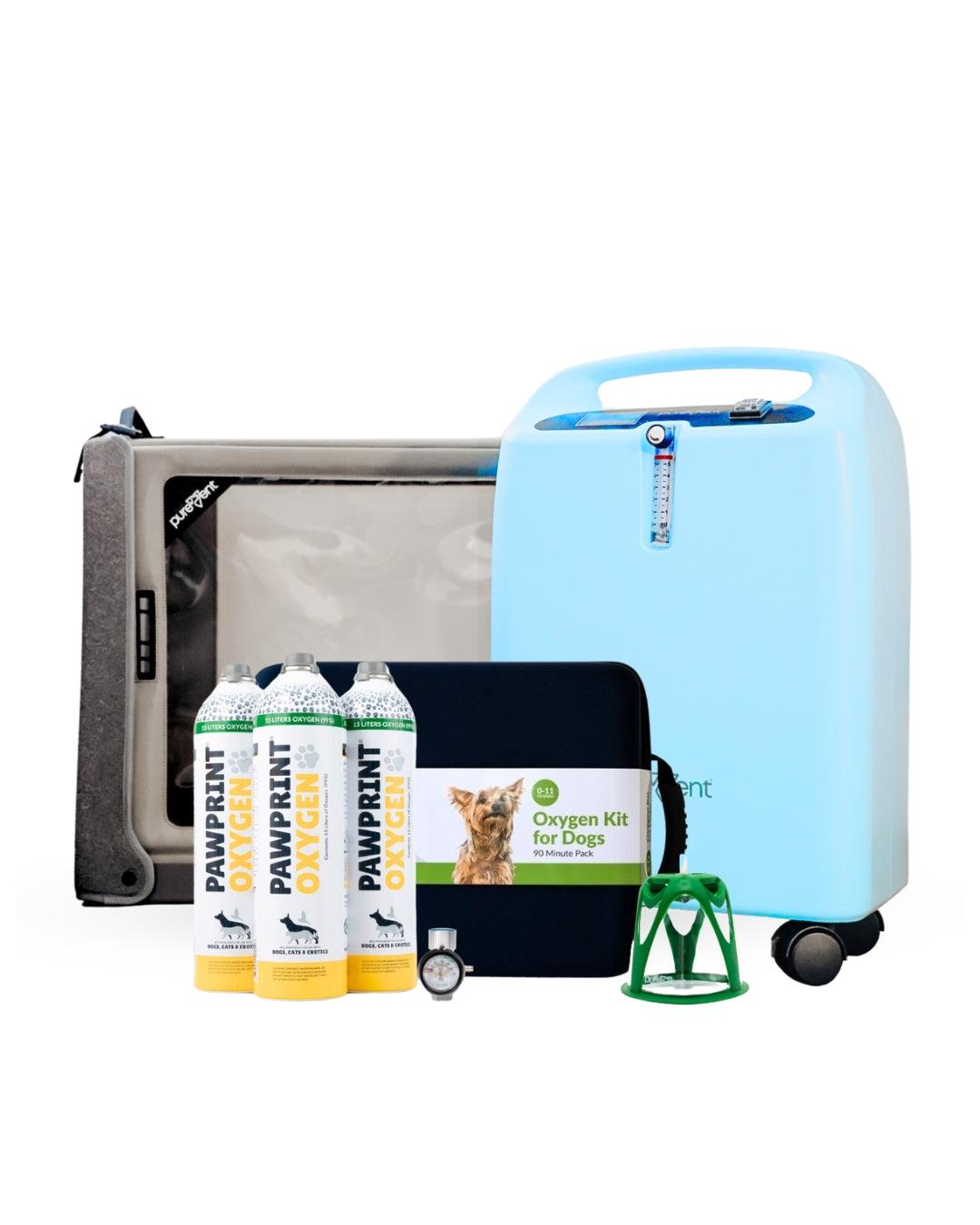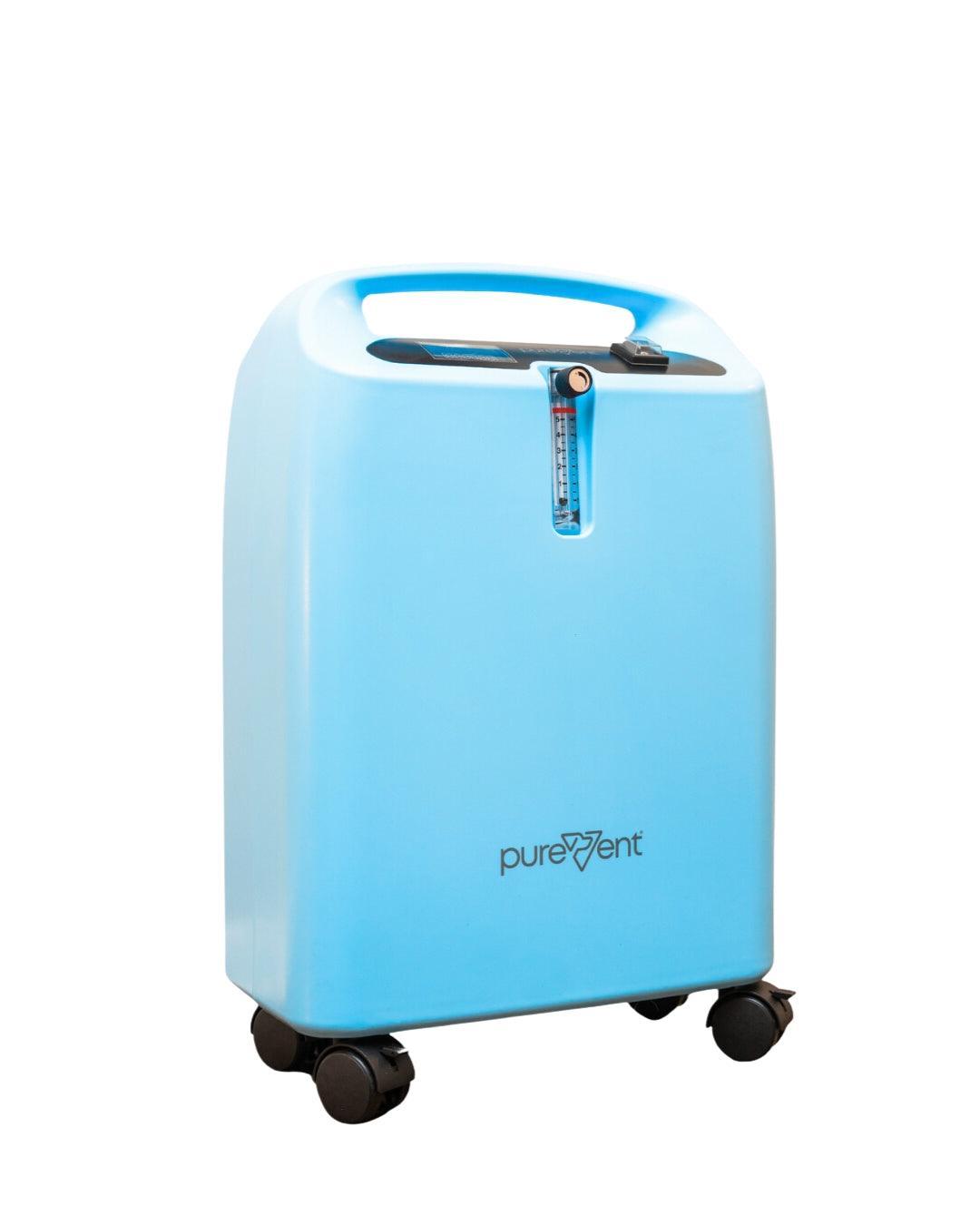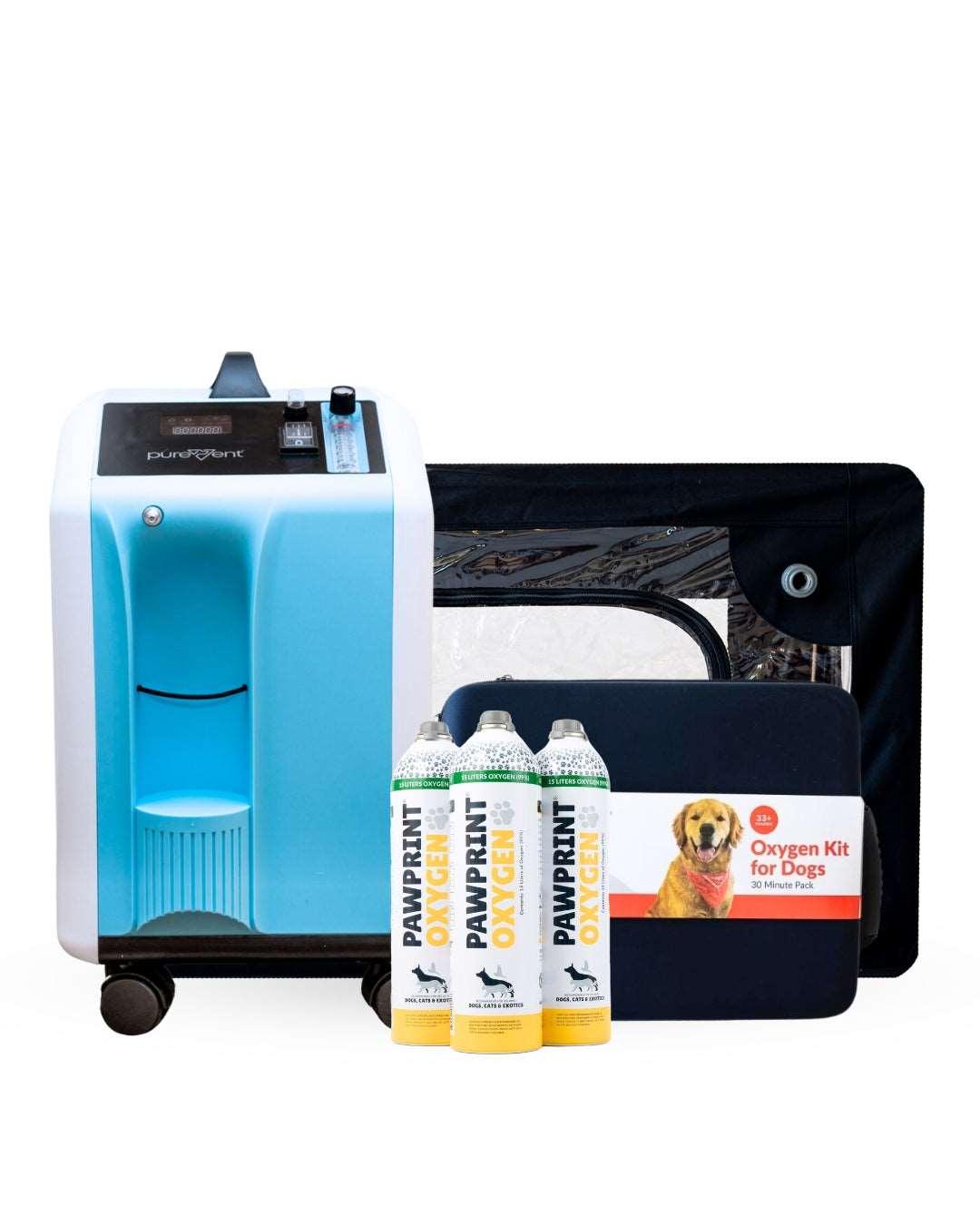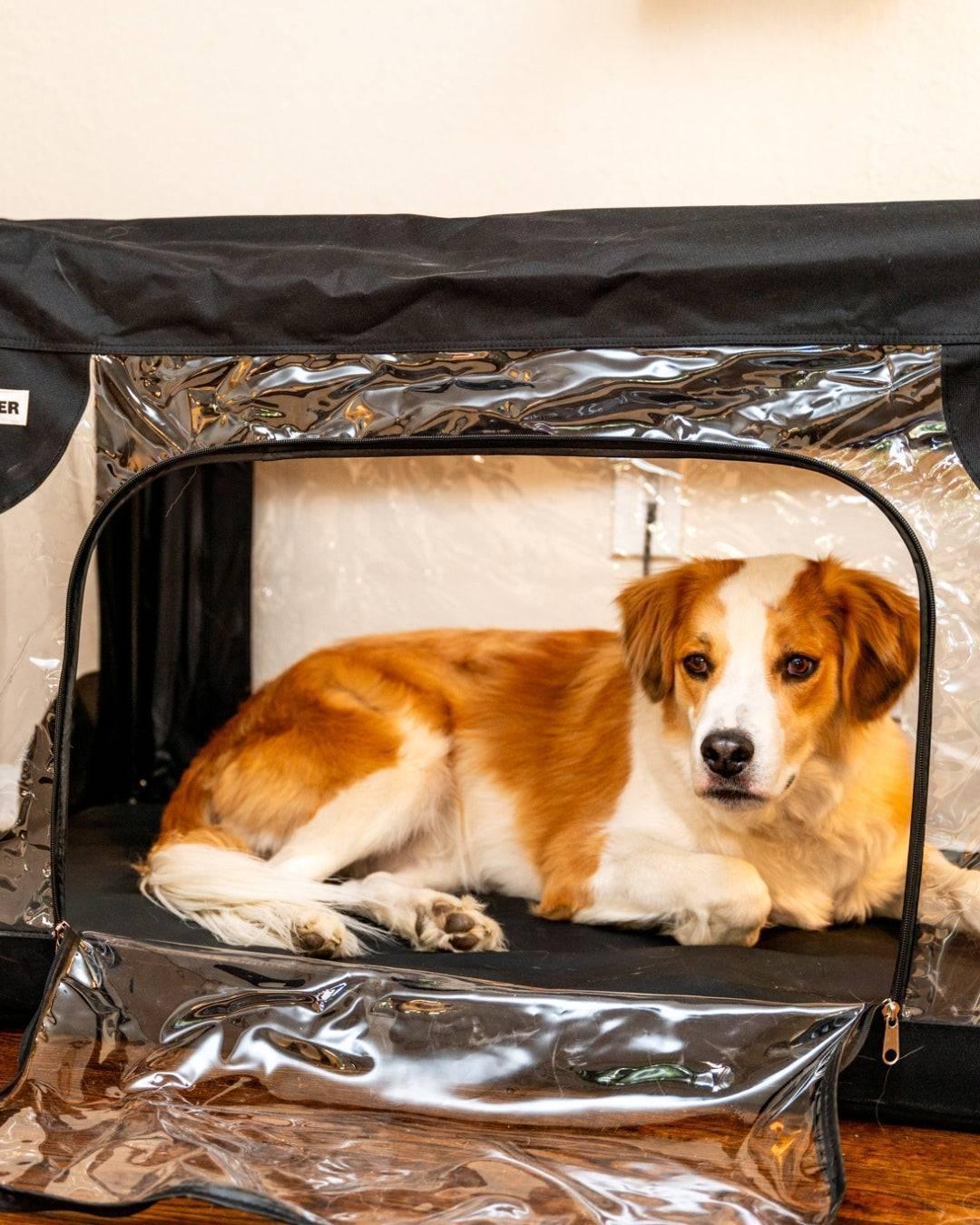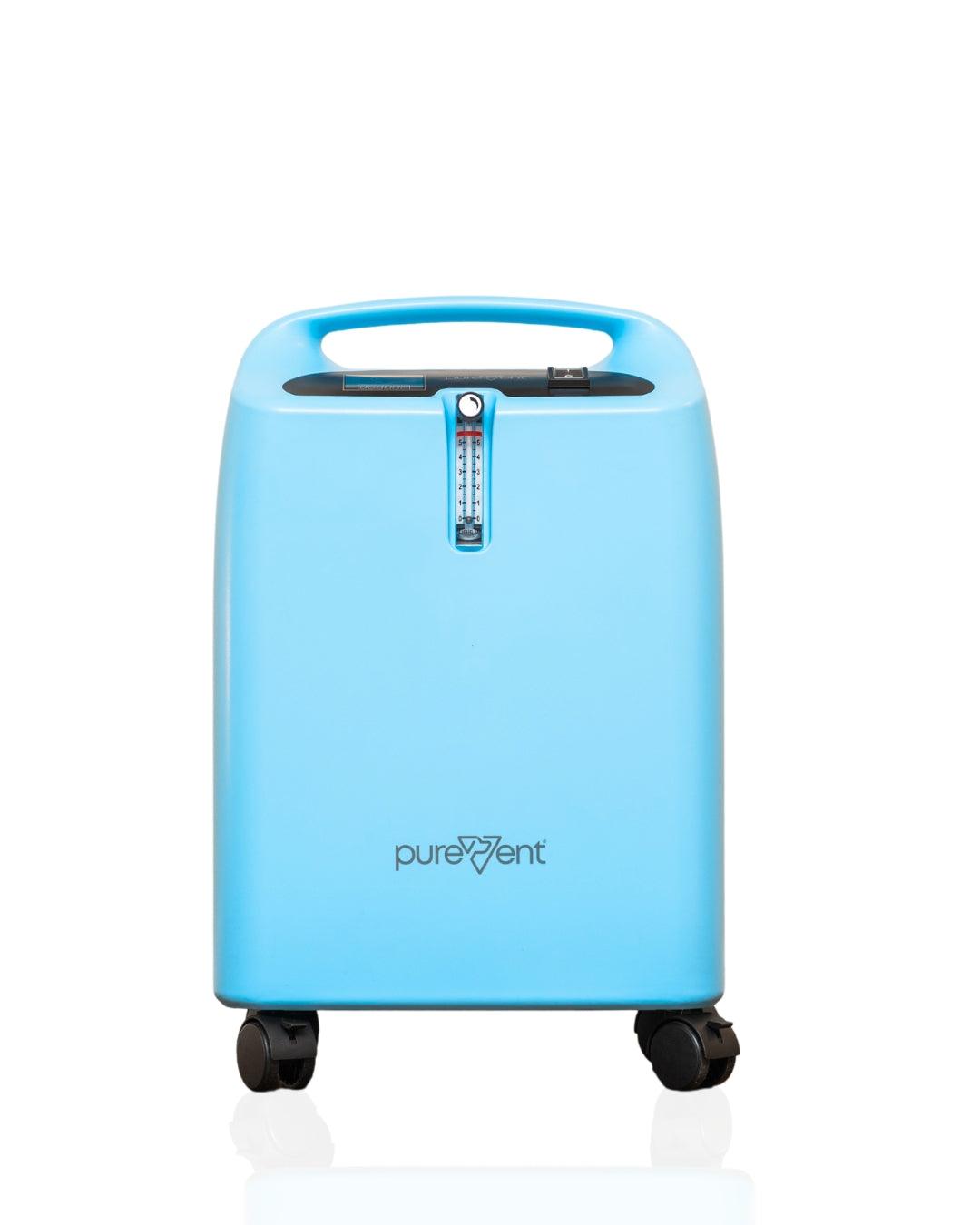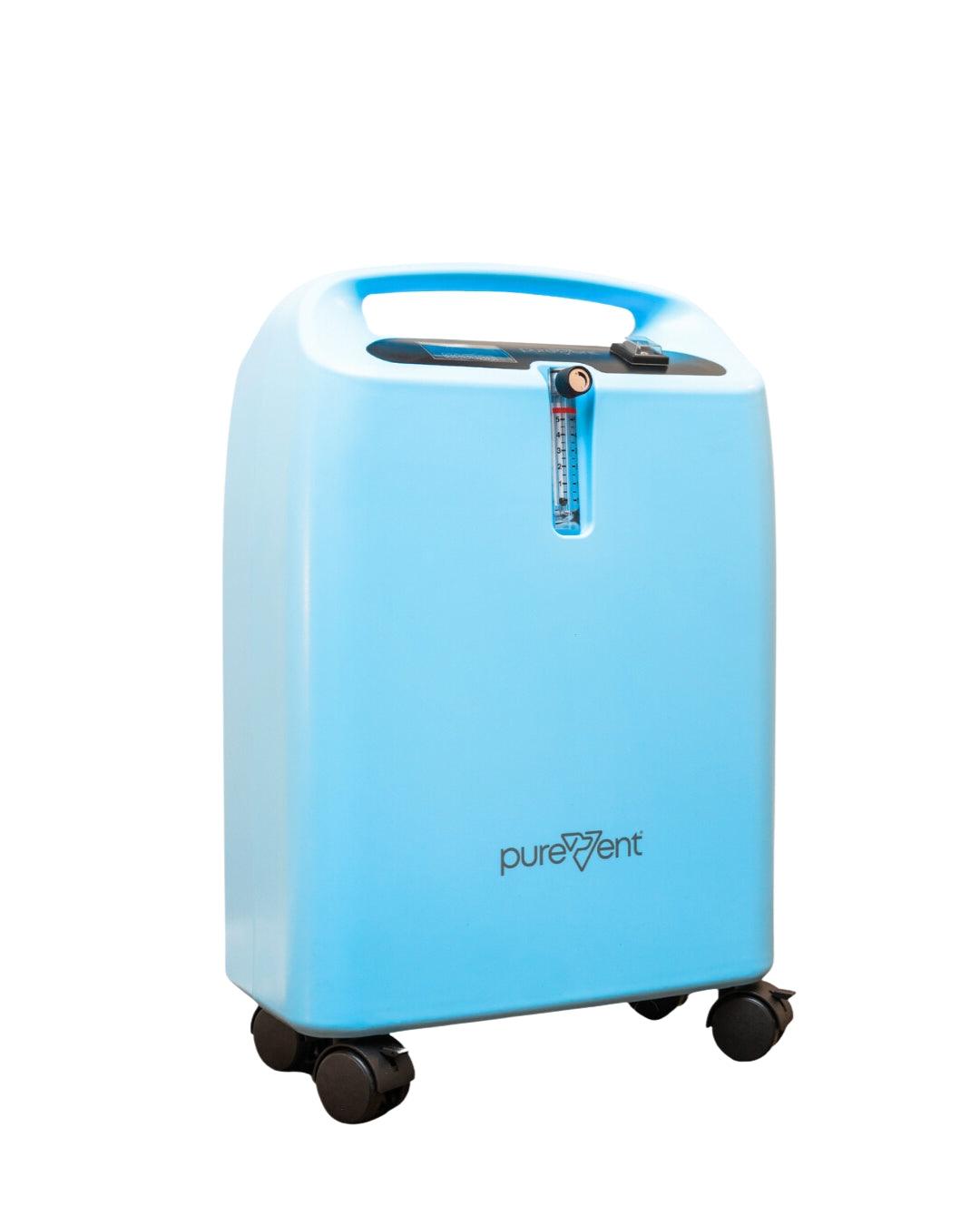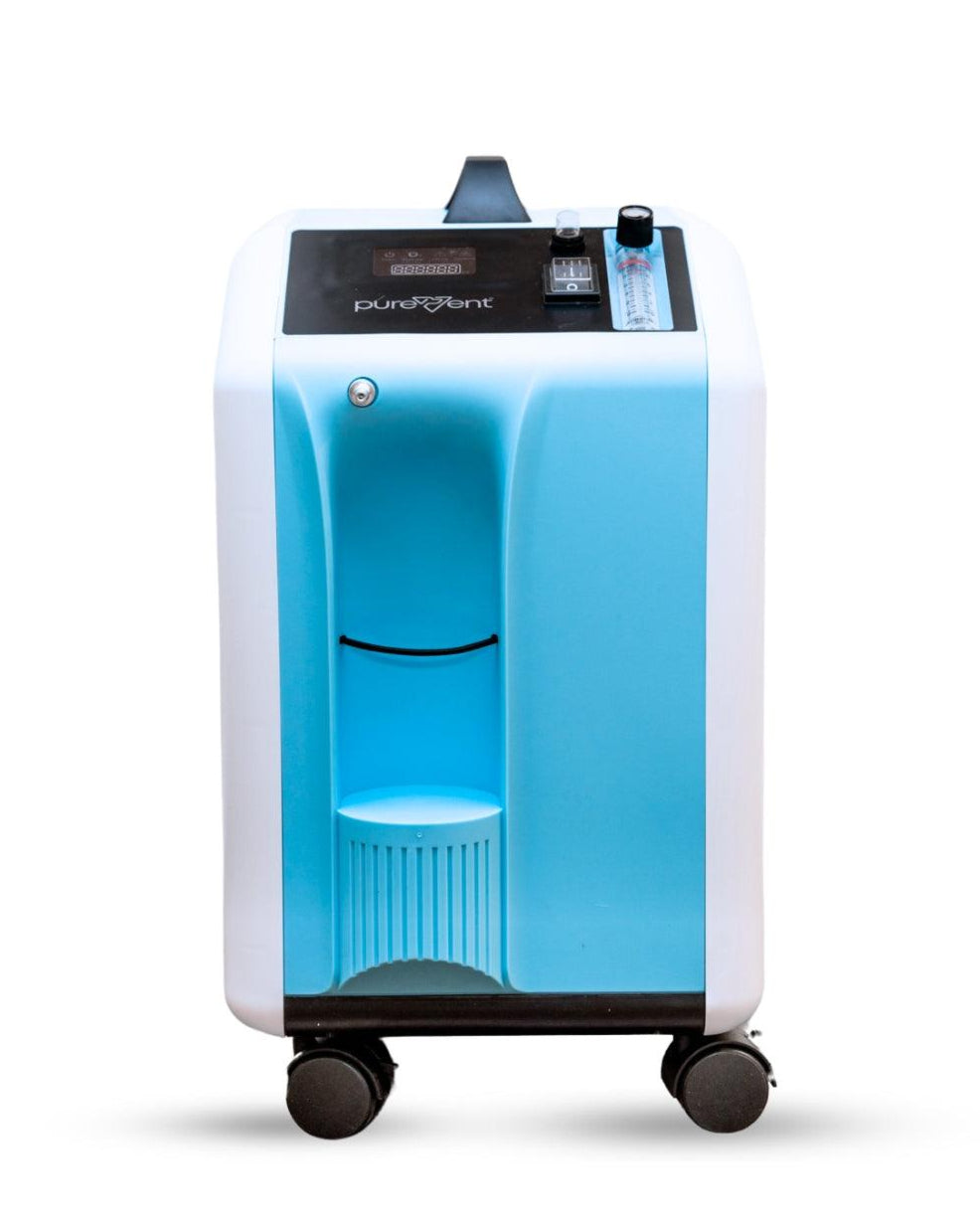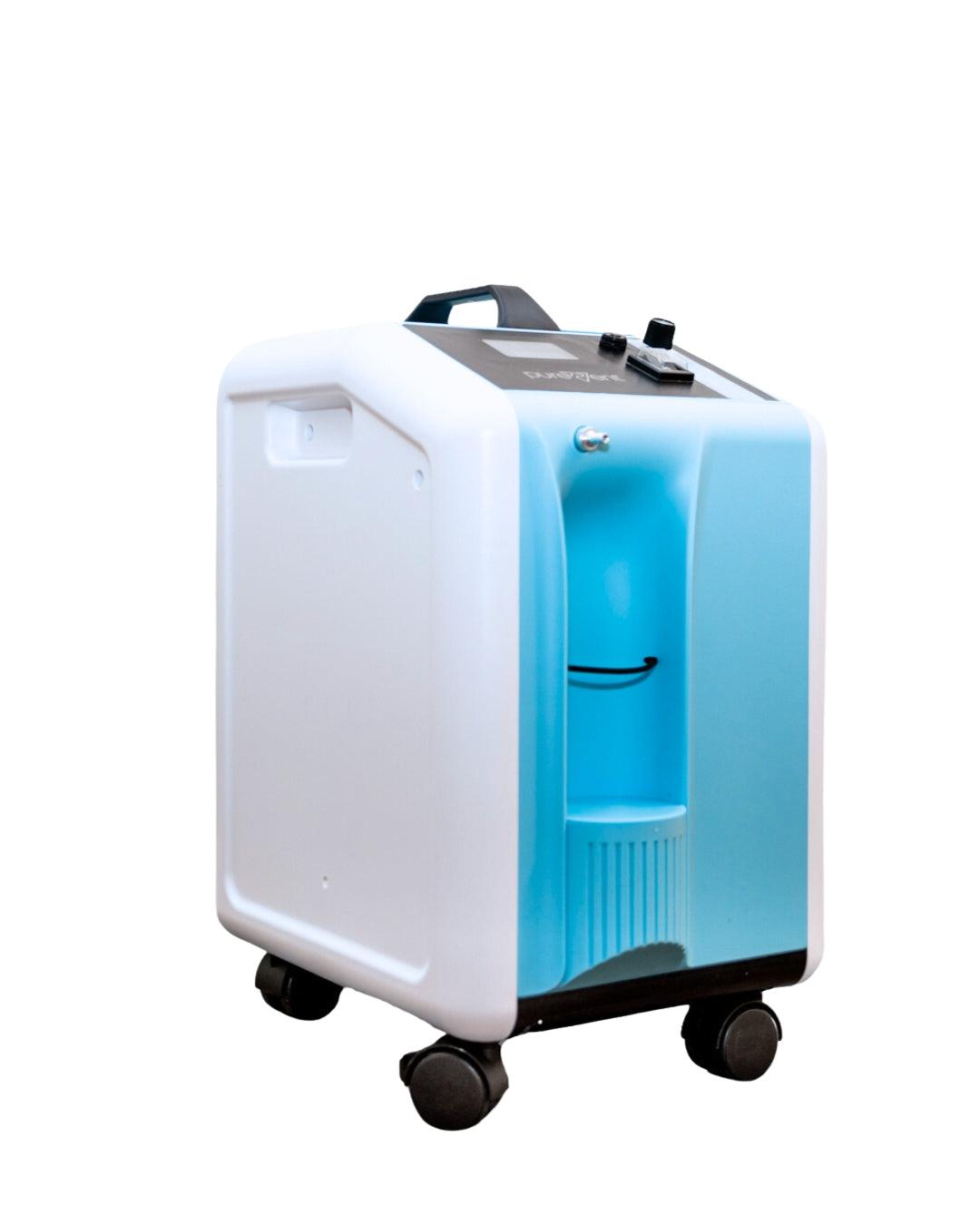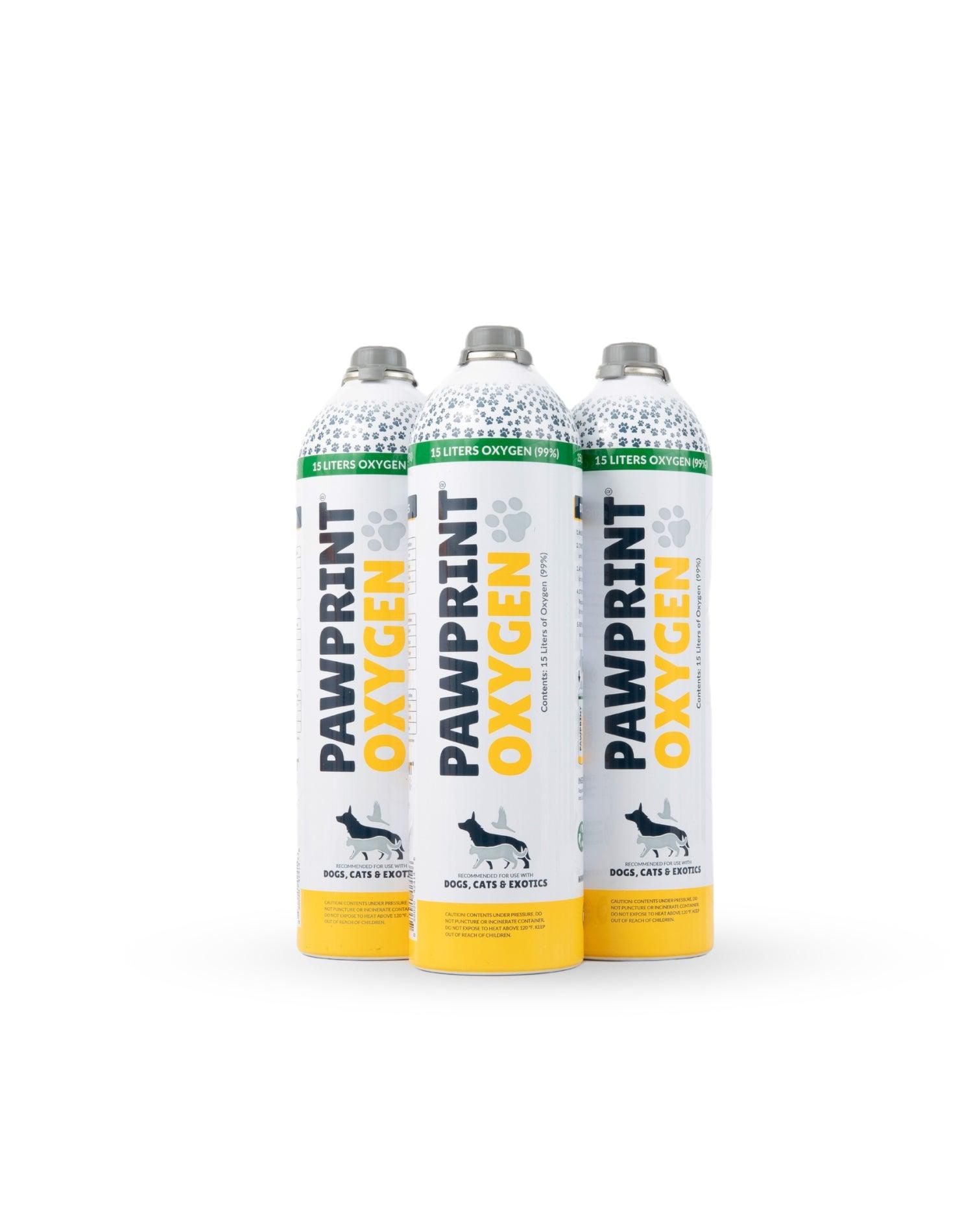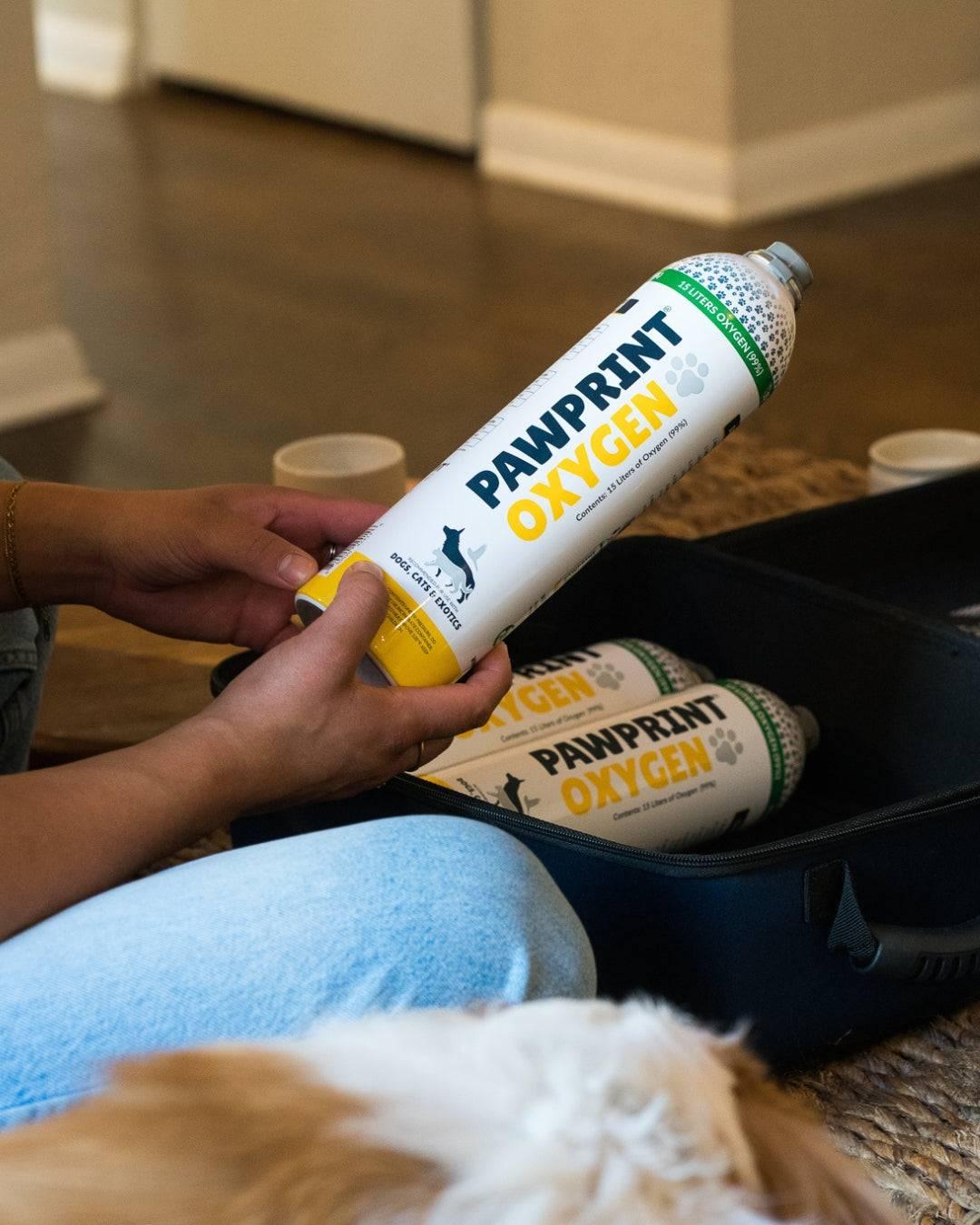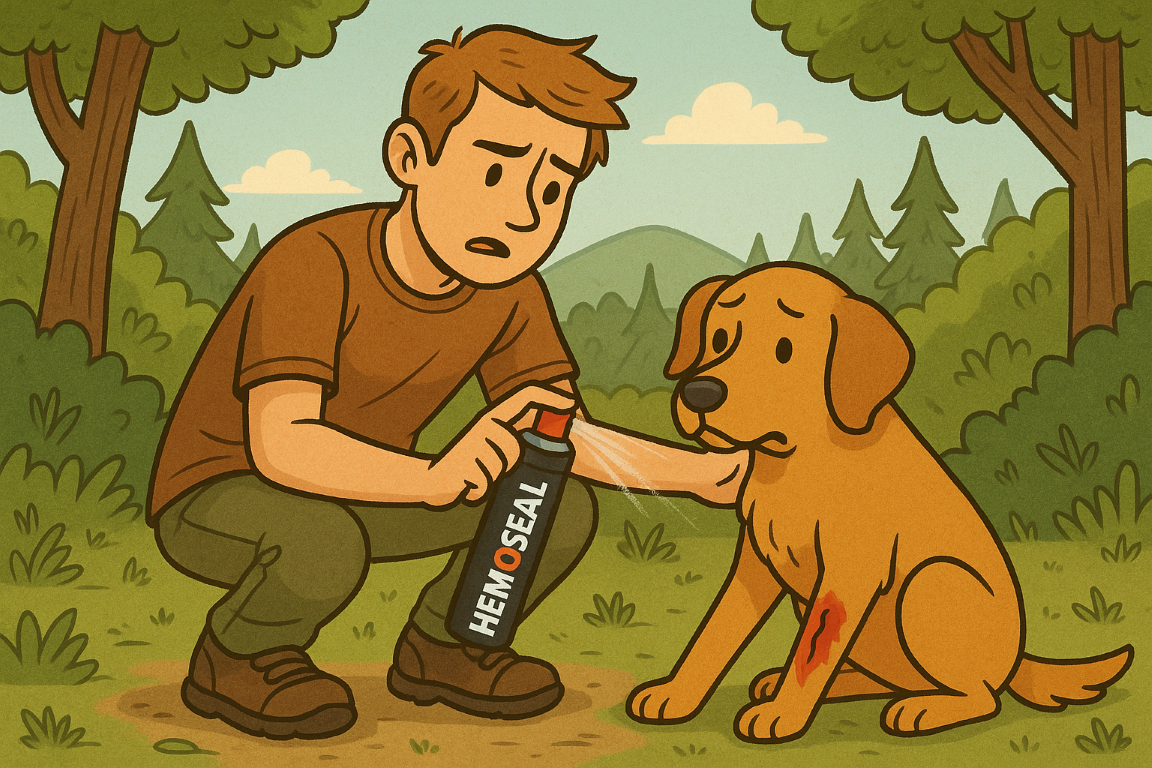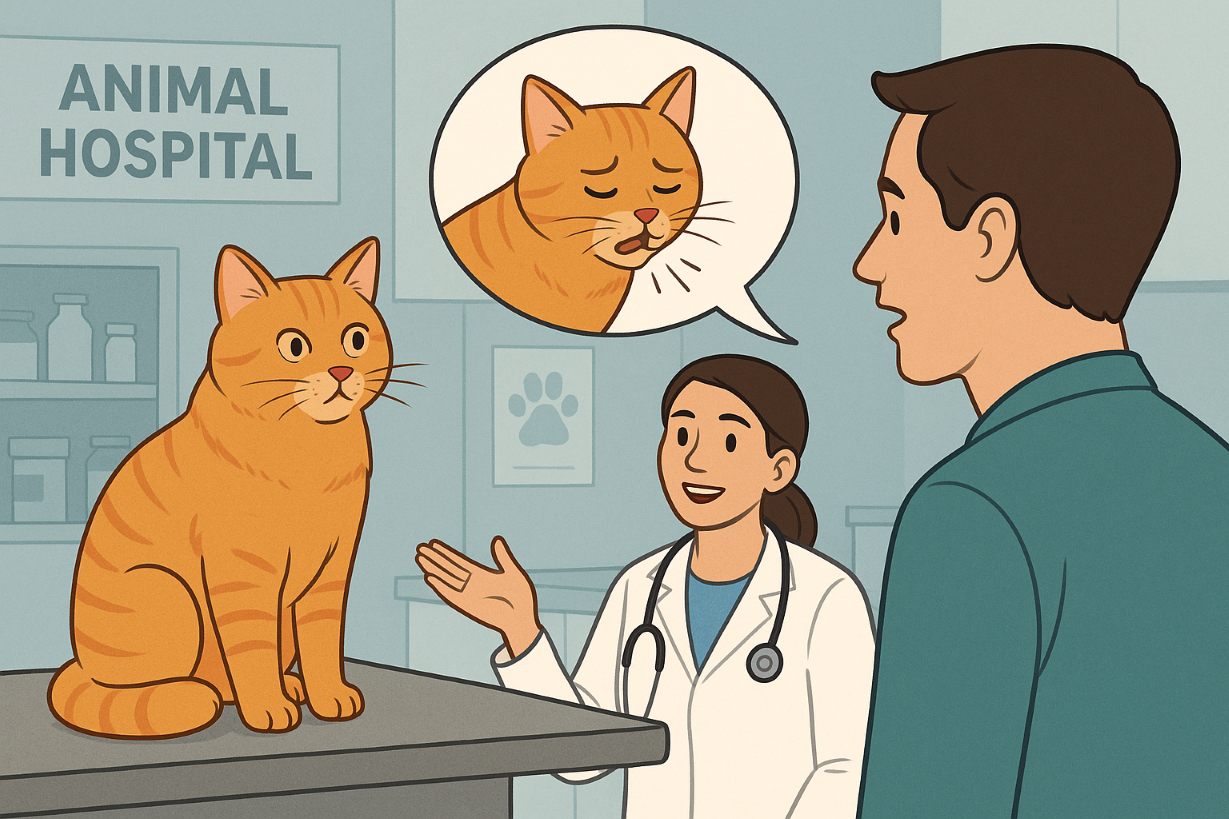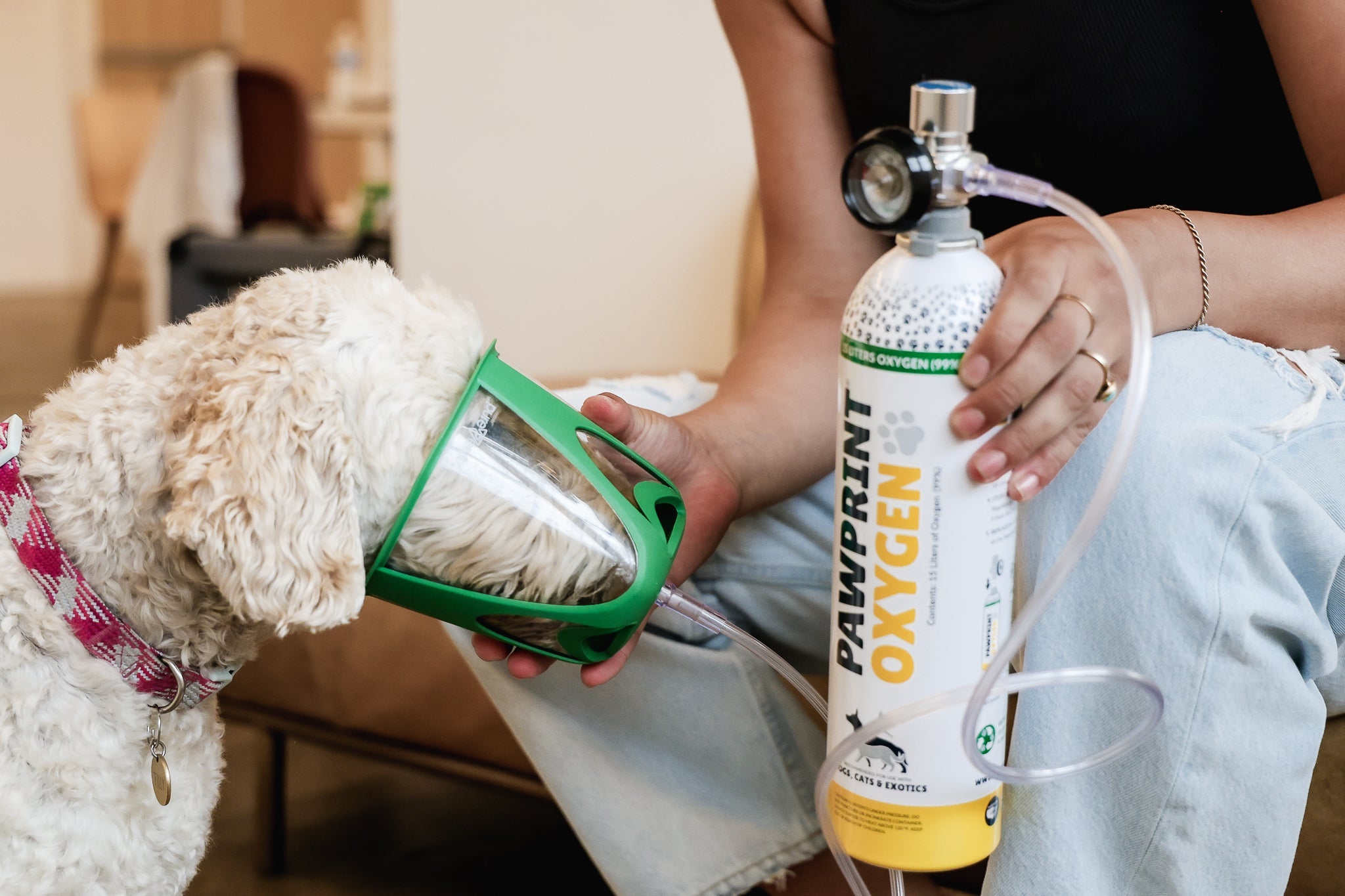Cats with hypertrophic cardiomyopathy (HCM) are often prescribed medications like beta-blockers, calcium channel blockers, ACE inhibitors, diuretics, and anticoagulants to ease symptoms and prevent complications. These treatments support heart function, improve breathing, and reduce clot risk. Supplemental oxygen can also provide relief during respiratory distress, offering comfort and peace of mind. While HCM can’t be cured, the right mix of medications, oxygen, and veterinary care can greatly improve quality of life.

Hypertrophic cardiomyopathy (HCM) is the most common heart condition in cats, and hearing this diagnosis can feel overwhelming for pet parents. The good news is that while HCM can’t be cured, there are medications and supportive therapies that help manage symptoms and improve quality of life. With the right treatment plan and a few tools at home, many cats with HCM can stay comfortable and enjoy more happy moments with their families. This article walks you through the most commonly prescribed medications and how supplemental oxygen can also play an important role in care.
Understanding HCM in Cats
HCM causes the walls of a cat’s heart to thicken, making it harder for the heart to pump blood effectively. This puts extra strain on the heart and can lead to serious complications if not managed.
Signs of HCM may include:
- Rapid or labored breathing
- Lethargy or decreased activity
- Coughing or open-mouth breathing
- Fainting or sudden collapse
While HCM isn’t curable, treatment and supportive care can greatly improve comfort and quality of life.
How often will my cat need check-ups or echocardiograms?
Most cats with HCM will need check-ups and echocardiograms every 6 to 12 months, but the exact timing depends on how advanced the condition is and how your cat is responding to treatment. Cats with more severe disease or changes in symptoms may need more frequent visits, sometimes every 3 to 6 months. These exams help your veterinarian track progression, adjust medications, and catch complications early. Regular monitoring is key to keeping your cat as comfortable and stable as possible.
Are there lifestyle changes (diet, activity, stress reduction) that can help my cat?
Yes, lifestyle changes can make a meaningful difference for cats with HCM. A heart-healthy diet low in excess sodium may help reduce fluid retention, and maintaining a healthy weight can ease strain on the heart. Gentle activity is usually fine, but strenuous play or stress should be avoided. Creating a calm, predictable environment with minimal stress will help keep your cat more comfortable and stable.
What should I do if my cat has a sudden breathing episode?
If your cat with HCM has a sudden breathing episode, such as rapid, labored, or open-mouth breathing, it is a medical emergency. Keep your cat calm and avoid handling them too much, as stress can make the episode worse. If you have supplemental oxygen at home, use it right away to provide relief while preparing to leave. Seek immediate veterinary or emergency care, as quick treatment can be crucial.
Medications Commonly Prescribed for HCM
Cats with HCM often need a combination of medications to ease symptoms, reduce stress on the heart, and prevent complications.
The most common medications for HCM include:
- Beta-Blockers (e.g., Atenolol): Slow the heart rate, reduce strain, and ease symptoms like rapid breathing.
- Calcium Channel Blockers (e.g., Diltiazem): Relax the heart muscle, improve blood flow, and reduce stiffness.
- ACE Inhibitors (e.g., Enalapril, Benazepril): Relax blood vessels, lower blood pressure, and ease workload on the heart.
- Diuretics (e.g., Furosemide): Remove excess fluid from the lungs or chest, helping cats breathe more easily.
- Anticoagulants / Platelet Inhibitors (e.g., Clopidogrel, sometimes Aspirin): Prevent dangerous blood clots, such as saddle thrombus, which can be life-threatening.
Each cat’s medication plan is unique and may change over time depending on their condition.
How Supplemental Oxygen Can Help
Some cats with HCM may experience sudden respiratory distress caused by fluid buildup or reduced heart function. Supplemental oxygen can provide immediate relief by increasing oxygen levels in the blood and reducing strain on the heart and lungs.
Options for at-home oxygen support include:
- Oxygen concentrators for continuous support
- Oxygen chambers to provide a calm, enclosed environment
- Portable oxygen kits for emergencies or while traveling to the vet
While oxygen therapy doesn’t replace prescribed medications, it’s an important safety net that can bring comfort during flare-ups and peace of mind for pet parents.
Working Closely With Your Veterinarian
Every cat with HCM is different, so treatment plans are tailored to their individual needs. Staying in close contact with your veterinarian is key, reporting new symptoms, discussing medication side effects, and reviewing supportive care options like oxygen therapy. Regular check-ups and echocardiograms are also essential to monitor disease progression and adjust treatment as needed.

Keeping Your Cat Happy and Healthy
HCM is a serious heart condition, but with the right combination of medications and supportive therapies, many cats can live longer and more comfortable lives. Prescribed treatments help the heart function more effectively, while supplemental oxygen provides relief during stressful moments. With attentive care, preparation, and regular veterinary guidance, pet parents can give their cats both comfort and hope for more cherished time together.
Key Takeaways
HCM is the most common heart disease in cats, and while not curable, it can be managed.
Medications such as beta-blockers, calcium channel blockers, ACE inhibitors, diuretics, and anticoagulants help reduce symptoms and complications.
Supplemental oxygen provides relief during respiratory distress and reassurance for owners.
Regular veterinary visits and echocardiograms are essential to track progression and adjust treatment.
With proper care, cats with HCM can enjoy longer, happier, and more comfortable lives.
